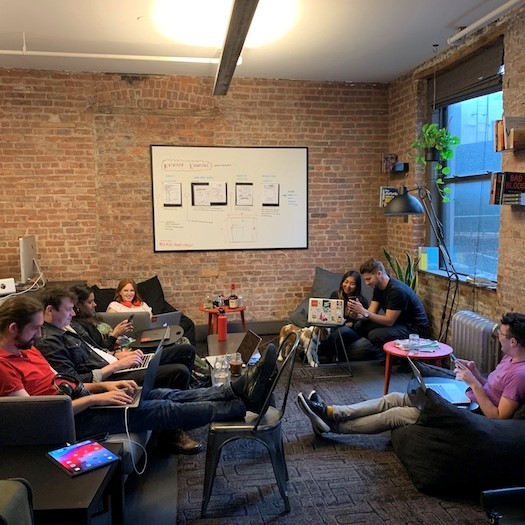To provide the best experiences, we use technologies like cookies to store and/or access device information. Consenting to these technologies will allow us to process data such as browsing behaviour or unique IDs on this site. Not consenting or withdrawing consent, may adversely affect certain features and functions.
The technical storage or access is strictly necessary for the legitimate purpose of enabling the use of a specific service explicitly requested by the subscriber or user, or for the sole purpose of carrying out the transmission of a communication over an electronic communications network.
The technical storage or access is necessary for the legitimate purpose of storing preferences that are not requested by the subscriber or user.
The technical storage or access that is used exclusively for statistical purposes.
The technical storage or access that is used exclusively for anonymous statistical purposes. Without a subpoena, voluntary compliance on the part of your Internet Service Provider, or additional records from a third party, information stored or retrieved for this purpose alone cannot usually be used to identify you.
The technical storage or access is required to create user profiles to send advertising, or to track the user on a website or across several websites for similar marketing purposes.
 Flexible working could become the default for all jobs in the UK, under proposed legislation being considered by the UK government. The most important consequence will be that employees will no longer be expected to use their right request flexible working for an employer to consider, as is currently the case. (more…)
Flexible working could become the default for all jobs in the UK, under proposed legislation being considered by the UK government. The most important consequence will be that employees will no longer be expected to use their right request flexible working for an employer to consider, as is currently the case. (more…)





 Most US workers prefer to spend some time in an office (83 percent) over fully working from home, according to
Most US workers prefer to spend some time in an office (83 percent) over fully working from home, according to 








 Over recent years, we have witnessed significant changes when it comes to the workplace. Women are continuing to push through the glass ceiling, offices are starting to look more likes homes and businesses are opting for a more flexible and sociable working environment. This rise in coworking and other forms of flexible office space is just one of the latest trends to emerge from the corporate world, and according to a report by office brokers
Over recent years, we have witnessed significant changes when it comes to the workplace. Women are continuing to push through the glass ceiling, offices are starting to look more likes homes and businesses are opting for a more flexible and sociable working environment. This rise in coworking and other forms of flexible office space is just one of the latest trends to emerge from the corporate world, and according to a report by office brokers 















June 26, 2019
Flexible working is the new measure of success
by Ben Chatfield • Comment, Flexible working